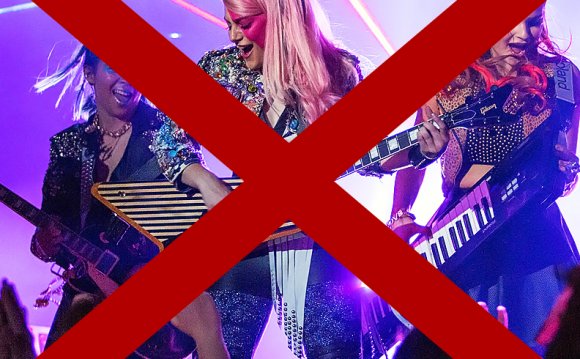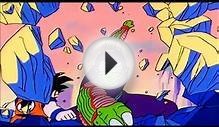
 "Jem and the Holograms"
"Jem and the Holograms"
Yet even in this first announcement, Chu made no bones about his take on the Jem storyline, referring to it as a "modern day reinvention" of the beloved property. As jarring as the "reinvention" word might sound to fans who grew up on Jem, Chu appeared to soothe fears with his first request: That fans submit videos specifically about why they loved the original Jem, with no consideration for how his new film might alter the film's mythos or legacy.
"We want to see and hear your passion for the original Jem, " Chu said, before launching into the next steps, including a call for audition videos from anyone — and everyone — interested in starring in the film.
 "This is the real way we’re making our movie — this is not a contest, this is actually how we’re putting things together." - Jon M. Chu
"This is the real way we’re making our movie — this is not a contest, this is actually how we’re putting things together." - Jon M. Chu
The concept for Chu's "Jem and the Holograms" feature is a thoroughly modern one, a technology-centric film that riffs on the idea that the personalities and lives we present online — from Twitter to Instagram, YouTube to Facebook — aren't genuine reflections of our actual experience. Chu's film takes this well-tread idea one step further, imagining that our online lives are actually "secret identities" that people hide behind, a contemporary entry point into the concept of the original "Jem and the Holograms" series. It's also, as it turns out, a lousy one.
The film centers around a shy teen suddenly thrust into superstardom when a YouTube video of her singing makes its way on to the web, where it's almost instantaneously gobbled up by the masses, who pretty much demand she hit the stage. Soon, young Jerrica (aka Jem) is an international star, though her "real" identity remains hidden behind makeup, a wig and the apparent freedom of the Internet.
 Despite an interest in the tension between our "real" lives and the ones we live online, there's never any concern that Jerrica will be exposed as Jem. It's a strange misstep that not only dilutes the film's modern aims, but that also speaks to its undercooked writing (Jerrica doesn't seem to have any kind of life before she rockets to superstardom, a far cry from the exceptionally detailed backstory and character elements that Marx kitted her Jem out with).
Despite an interest in the tension between our "real" lives and the ones we live online, there's never any concern that Jerrica will be exposed as Jem. It's a strange misstep that not only dilutes the film's modern aims, but that also speaks to its undercooked writing (Jerrica doesn't seem to have any kind of life before she rockets to superstardom, a far cry from the exceptionally detailed backstory and character elements that Marx kitted her Jem out with).
Seeking out an unknown to fill the role was an obvious choice, a bit of synergy that paired well with the film's own modernized plot. No one knows who Jem is in the movie, so why not cast a newbie for a role that's entirely about becoming famous overnight because of something that happened on the Internet?
Chu, Blum and Braun framed their ask in a positive way, telling prospective participants, "Rather than asking for money, we're asking for your creativity." And they took it.
Just a little over a month later, Chu's "Jem and the Holograms" had found its star: Aubrey Peeples, a professional actress best known for her turn on TV's "Nashville, " who presumably didn’t use a YouTube video to submit her audition. As the rest of casting announcements for "Jem" started rolling in, however, it became clear that the film's leading roles would only be populated by professional talents, not newbies or rising stars culled from a video cattle call (even the film's supporting roles are filled by such big names as Molly Ringwald and Juliette Lewis).
RELATED VIDEO











